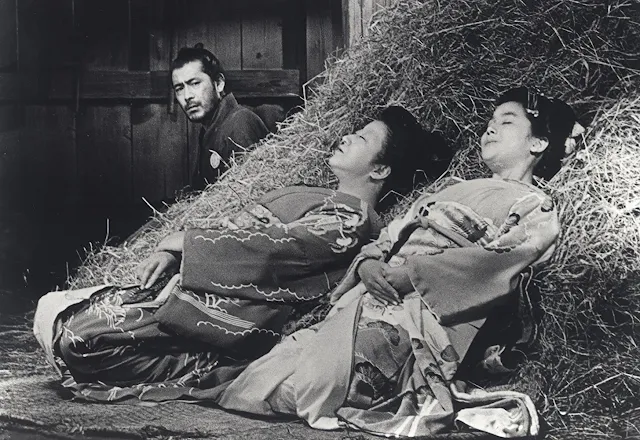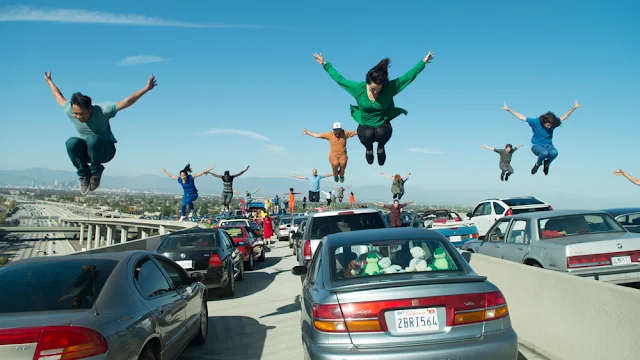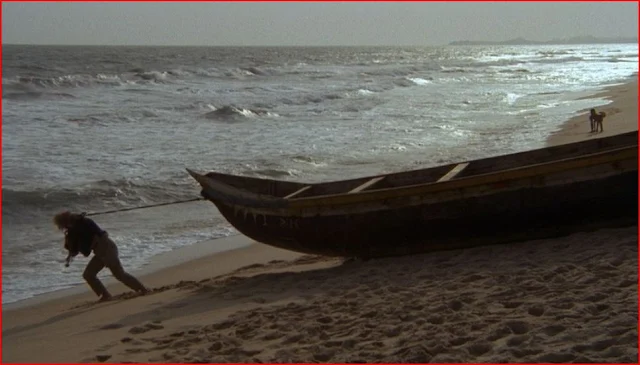 |
| Tom Hulce in Animal House |
Eric "Otter" Stratton: Tim Matheson
Donald "Boon" Schoenstein: Peter Riegert
Lawrence "Pinto" Kroger: Tom Hulce
Kent "Flounder" Dorfman: Stephen Furst
Daniel Simpson "D-Day" Day: Bruce McGill
Chip Diller: Kevin Bacon
Dean Vernon Wormer: John Vernon
Marion Wormer: Verna Bloom
Prof. Dave Jennings: Donald Sutherland
Katy: Karen Allen
Clorette DePasto: Sarah Holcomb
Mayor Carmine DePasto: Cesare Danova
Director: John Landis
Screenplay: Harold Ramis, Douglas Kenney, Chris Miller
Cinematography: Charles Correll
Art direction: John J. Lloyd
Film editing: George Folsey Jr.
Music: Elmer Bernstein
The granddaddy of gross-out comedies, Animal House has a certain innocence to it 40 years later. For one thing, it goes lightly on the gross-outs, the most famous one being Bluto's zit joke. We don't even get to see Flounder throw up on Dean Wormer. For another, without their familiar lined faces and grayed, thinning hair, such veteran actors as Peter Riegert, Tom Hulce, and Kevin Bacon look almost naked. The film has maintained its reputation, even being inducted into the National Film Registry in 2001. There are things in it, however, that wouldn't pass muster today, including the blatant objectification of the young women, especially in the scene in which Bluto spies on them undressing. And would any reputable filmmaker today dare to include the scene in which Pinto debates whether to rape the unconscious Clorette, abetted by a roguish devil and a prissy-voiced angel? There are touches of unchecked homophobia throughout. John Landis's direction, too, sometimes seems a bit stiff-limbed, as if waiting for the audience to laugh before proceeding with the next line. There are flashes of wit in the screenplay, as when Bluto refers to the Germans bombing Pearl Harbor, and Boon tells Otter, "Forget it, he's rolling." But many of the sight gags, such as the climactic assault on the homecoming parade, weren't worked out enough in advance, the exception being the marching band that gets led into a blind alley and then can't extricate itself. Still there's a fine energy to the performances, and even Dean Wormer gets to make a good point: "Fat, drunk, and stupid" really "is no way to go through life." But mostly the film is a strong reminder of what we lost with the early death of John Belushi -- and, more recently, of Stephen Furst.

























